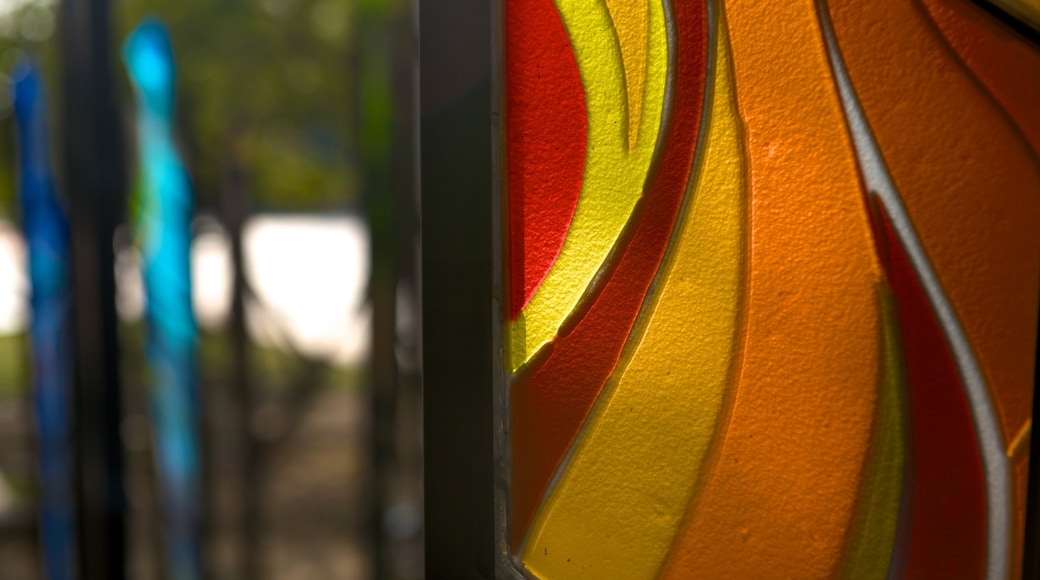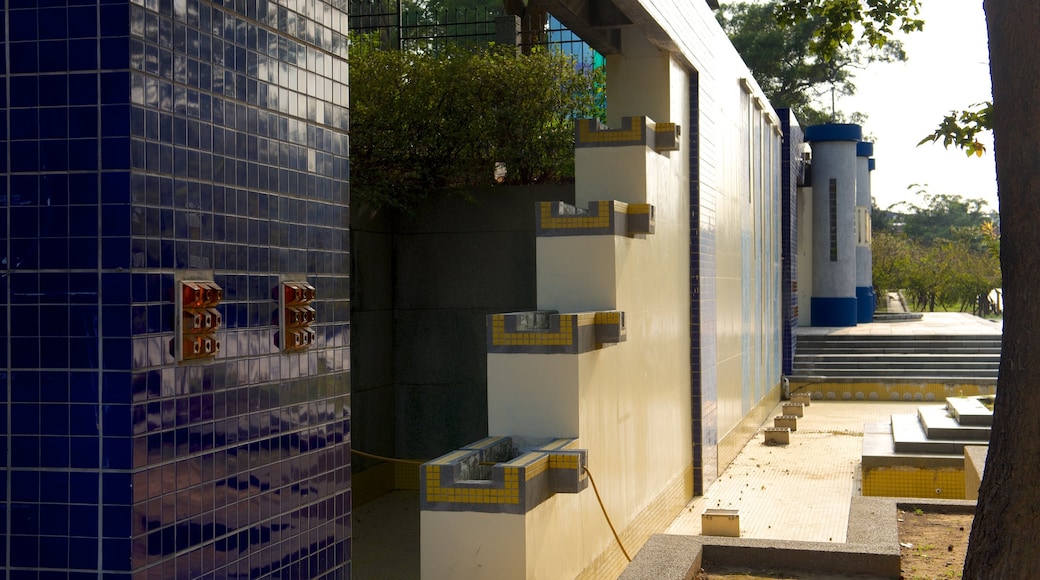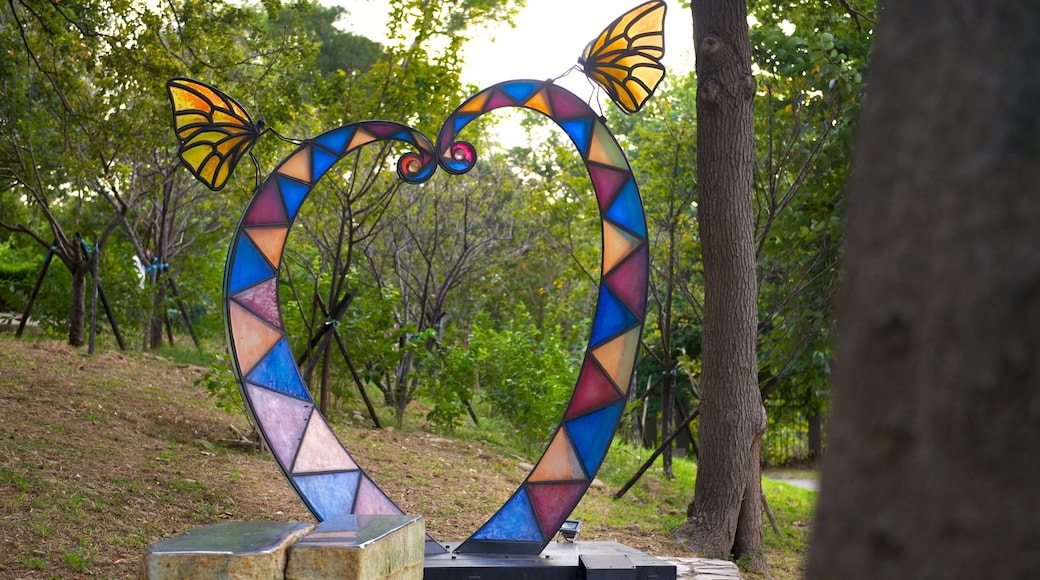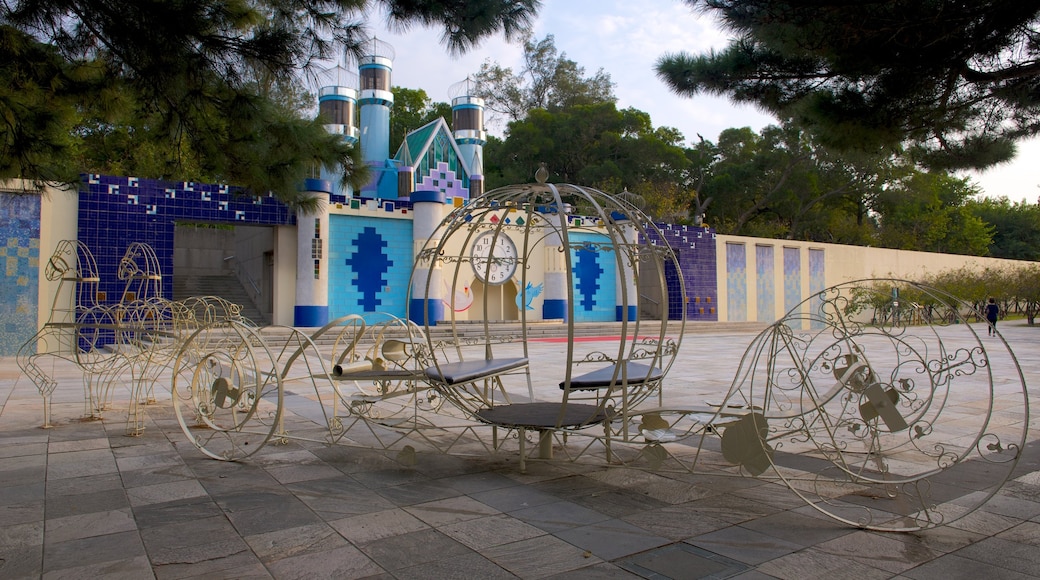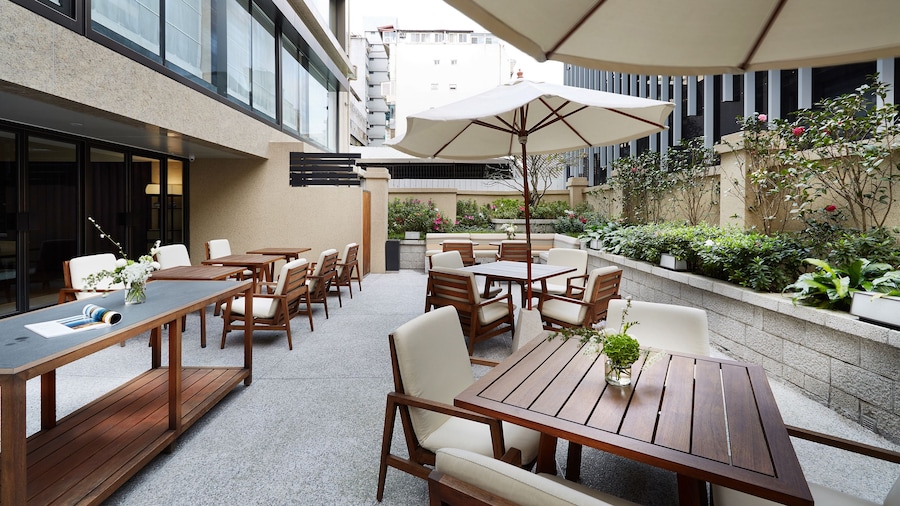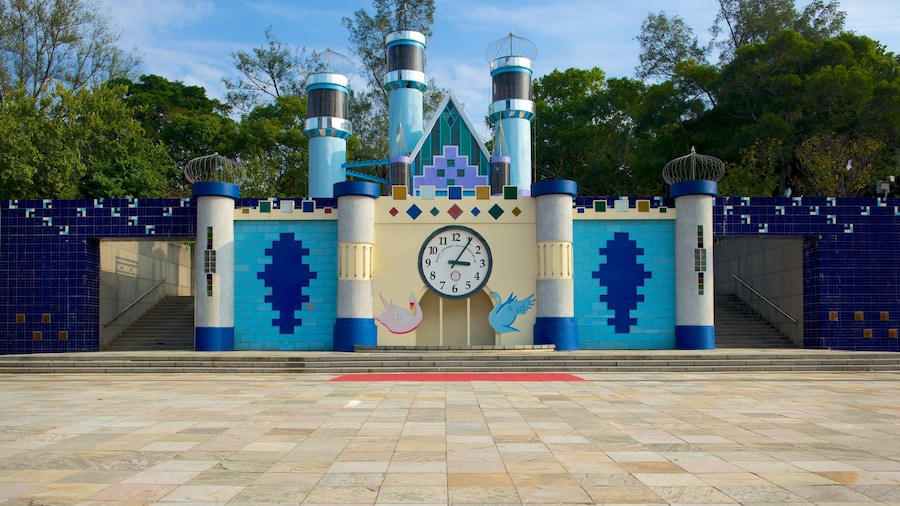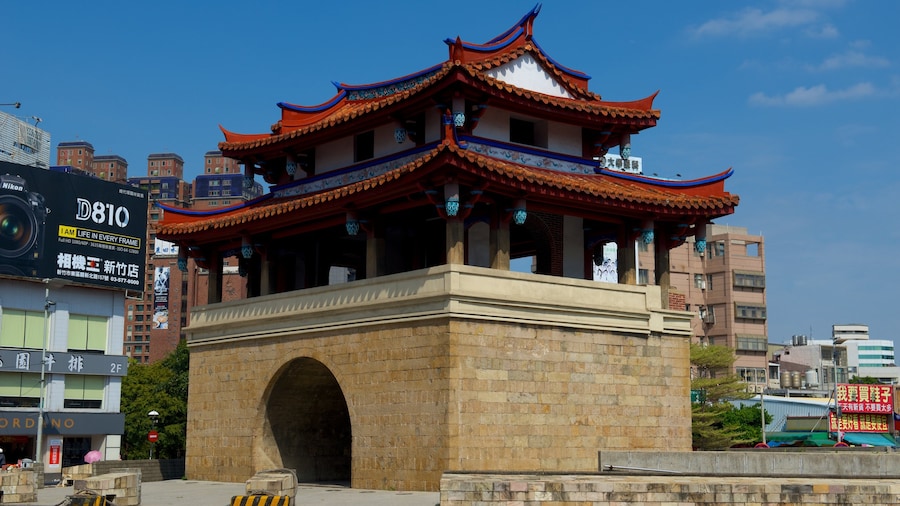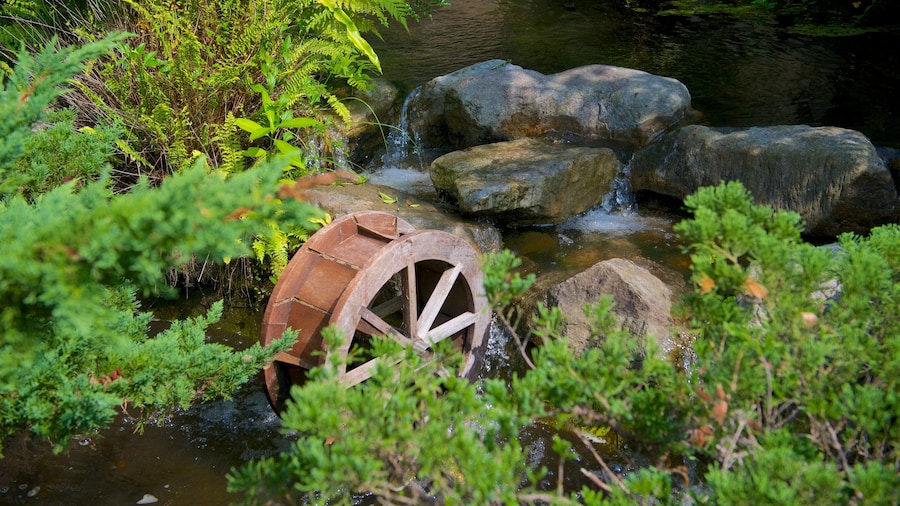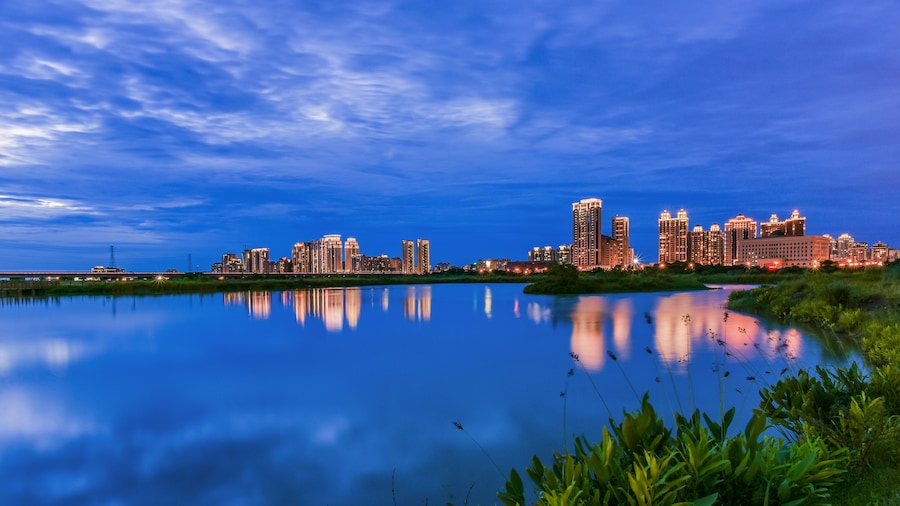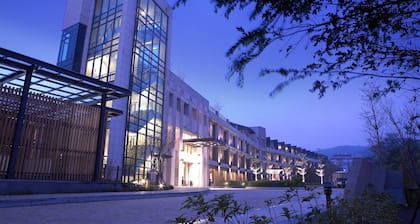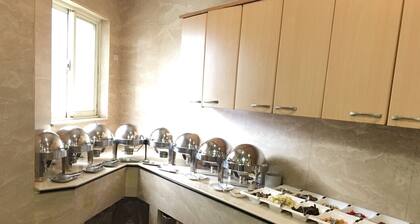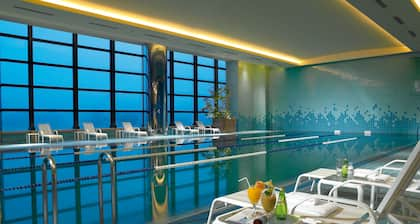Located in a former guesthouse of the Japanese royal family is Hsinchu's Craft Glass Museum. Spread across its two floors are exhibits that showcase the city’s long history of glassmaking. Also on display are many modern pieces of glass art.
Hsinchu has an abundance of silica sand, the main component of glass, and during the mid to late 20th century the local glass industry flourished. Companies made everyday glassware such as oil lamps, medicine bottles and ornaments as well as scientific items, including test tubes for laboratories. Following a period of decline, the industry has enjoyed a revival in recent years.
On the first floor, browse objects of glass by local and international artists. Then, head up to the second floor to learn about the history of glass production around the world. Browse the displays of artifacts and materials that exemplify glass production techniques. Check out the detailed illustrations outlining how glass is blown and shaped. There is also an exhibition room for the history of glass in Taiwan.
Don’t miss the Glass Technology, Civilization and Everyday Life exhibit, which examines the role of glass in everyday modern life. Observe artisans at work in the studio space and sign up for a workshop to learn how to produce your own glass pieces.
Go behind the central hallway to visit the custody cell. It hails from the time when military police were stationed here. Not only have the utensils that prisoners would have used been reproduced in glass, but the whole cell is also made of glass, including the bars and toilet.
A particularly good time to visit the museum is during the Hsinchu City International Glass Art Festival, held every two years in August. Watch live glassmaking demonstrations and meet international glass artists.
The Craft Glass Museum is situated on the edge of Hsinchu Park just behind the city’s main railway station. Consequently, it is easily reached by public transport.
The museum is open every day except Mondays and major holidays. There is an admission fee with reductions for students. Children aged 6 and under and seniors over the age of 65 get in for free.

